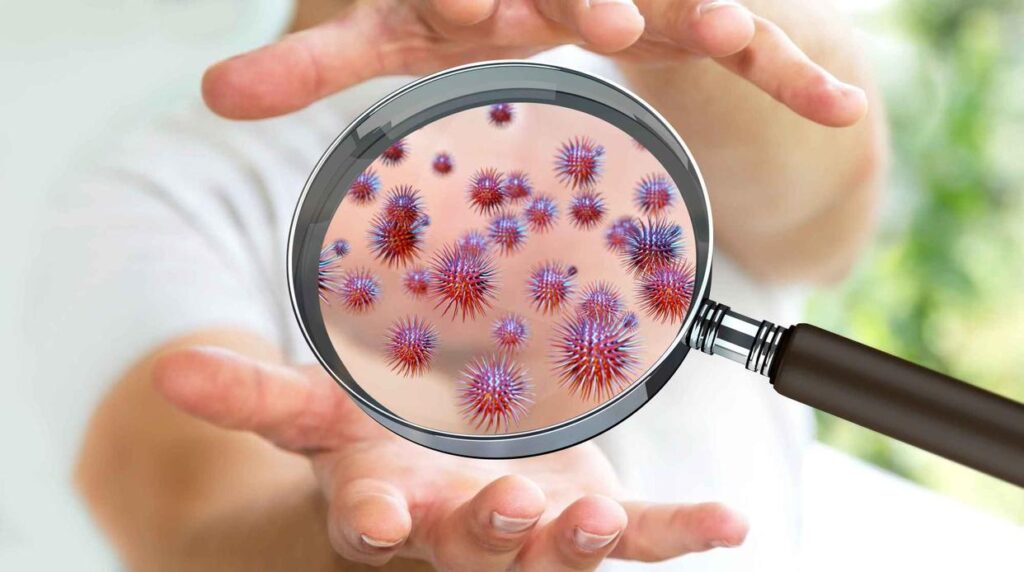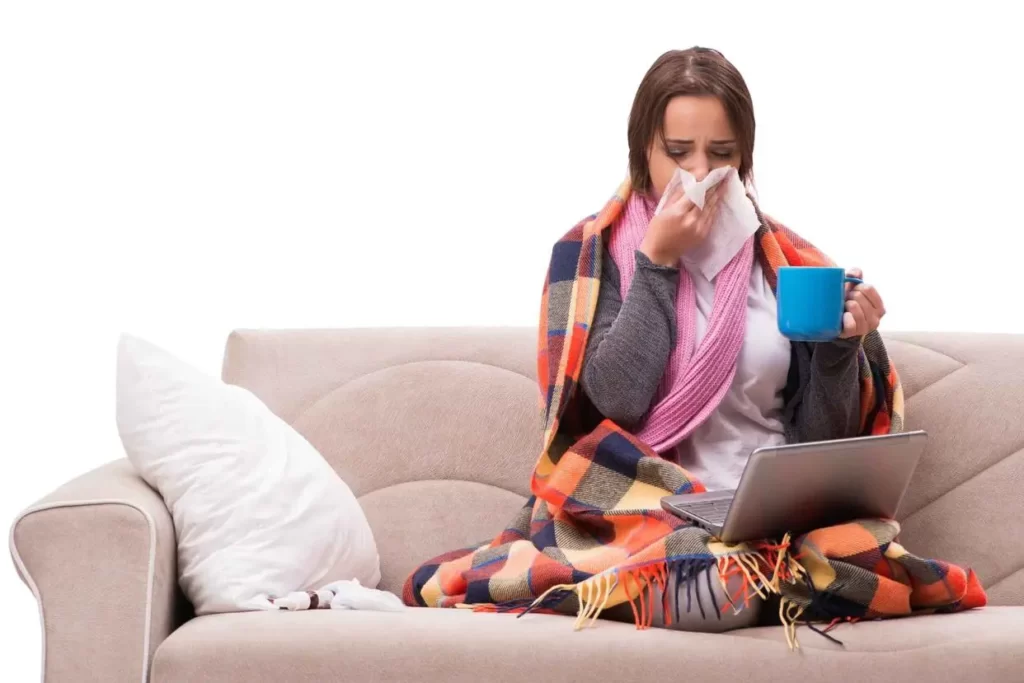When viruses and bacteria invade the human body, the human body starts to activate the defense mechanism, and fever is a warning signal released by the body, telling you that you are sick. Why do people have fever after being infected with viruses and bacteria?
Recent studies have found that this automatically turned on defense mode is more of the brain’s command and operation.

Why do people have fever after being infected with viruses and bacteria? “Nature” reveals the truth behind
Recently, the top medical journal “Nature” published the latest research paper. Professor Catherine Dulac from Harvard University and Professor, a well-known scientist, participated in the research.
Through experiments with mice, they found a group of special brain cells in mice for the first time. This brain cell is responsible for the changes in the human immune system after being infected, thereby “docking” the immune system.

When viruses or bacteria invade the human body, they will coordinate a series of behavioral and physiological changes, such as fever, chills, loss of appetite and other symptoms.
Using this mechanism, scientists can better understand the nature of fever, and can one day eliminate or reverse symptoms such as fever.
Why does the human body have a fever?
In fact, among all human organs, skeletal muscle and liver are the main heat-generating organs, while skin is the radiating organ.
These two organs are controlled by the thermoregulatory center of the brain, which coordinates the production and dissipation of heat, and then controls the human body temperature between 36.2°C and 37.2°C.

Viruses and bacteria will generate exogenous heat, which will increase the body temperature after entering the human body. At this time, the white blood cells in the human body will produce cytokines to attack bacteria and viruses. They will become endogenous heat during the attack process, which will also cause Elevated body temperature.
Are people who don’t have a fever for a long time really prone to cancer?
Long-term absence of fever is not good for the body and is prone to cancer. There is no scientific basis for it, it is just a rumor. The occurrence of cancer is related to various factors such as heredity, gene defect, environment, and lifestyle, and has nothing to do with fever.
If the fever persists, you need to be vigilant
When you have a fever, as the body temperature rises, the body’s immune system will remove or suppress foreign pathogens, and the body can eliminate viruses and bacteria without taking drugs, which is indeed beneficial to human health in a sense.
But if the body temperature is too high for a long time, it is difficult for the brain to stay awake, causing the body to fall into a coma.

How can I cool down when I have a fever?
As mentioned above, if a person has a fever for too long, the ability of the immune system to fight can be affected. When the high fever persists, the patient can choose the following 4 methods to lower the body temperature:
1. Pay attention to changes in body temperature
Changes in body temperature are one of the bases for diagnosing the cause of fever and selecting treatment options. When you have a fever, you should pay more attention to the changes in the patient’s body temperature, use a thermometer to monitor the body temperature in time, and clarify what needs to be done next.

2. Drink more warm water
People lose fluids when they have a fever, and if not replenished in time, they can develop dehydration. Therefore, when you have a fever, you should drink more warm water and replenish water in time, which is conducive to sweating and urination, and promotes the excretion of metabolic harmful substances from the body as soon as possible, so as to achieve the purpose of restoring health.

3. Appropriate use of antipyretics
For colds and fever, patients can take antipyretics to relieve symptoms. Generally speaking, commonly used oral antipyretics include acetaminophen, ibuprofen, etc., which need to be taken as prescribed by a doctor.
4. If you have a fever for a long time, seek medical attention in time
If you still have a fever after taking the antipyretic for three days, it means that it is not caused by a cold, and you should go to the doctor as soon as possible for examination and treatment, so as not to delay the disease.

If the patient has a high fever that does not go away, it is recommended to find the cause of the disease in time and carry out the correct treatment.
If the body temperature does not exceed 38.5 ℃, you can generally consider choosing a physical cooling method, such as using an ice pack for cold compress or wiping the body with warm water, etc., the cooling effect is better.
Read more tips about health and fitness http://www.growmorehealth.com
